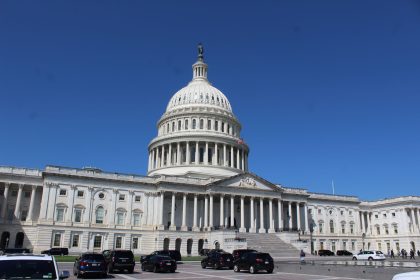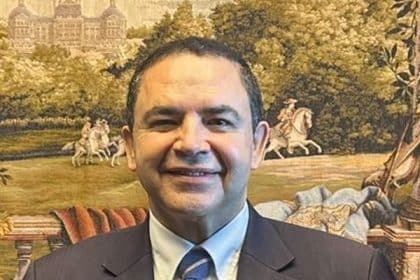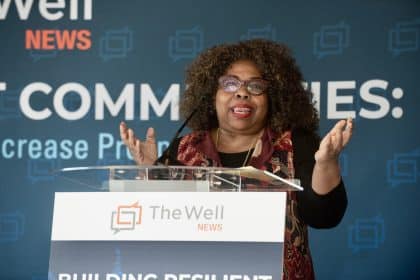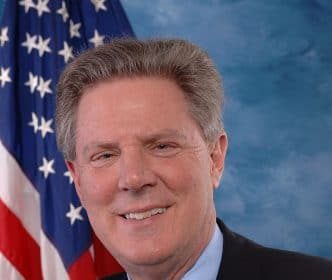Net Neutrality: Poised for Bipartisan Action?
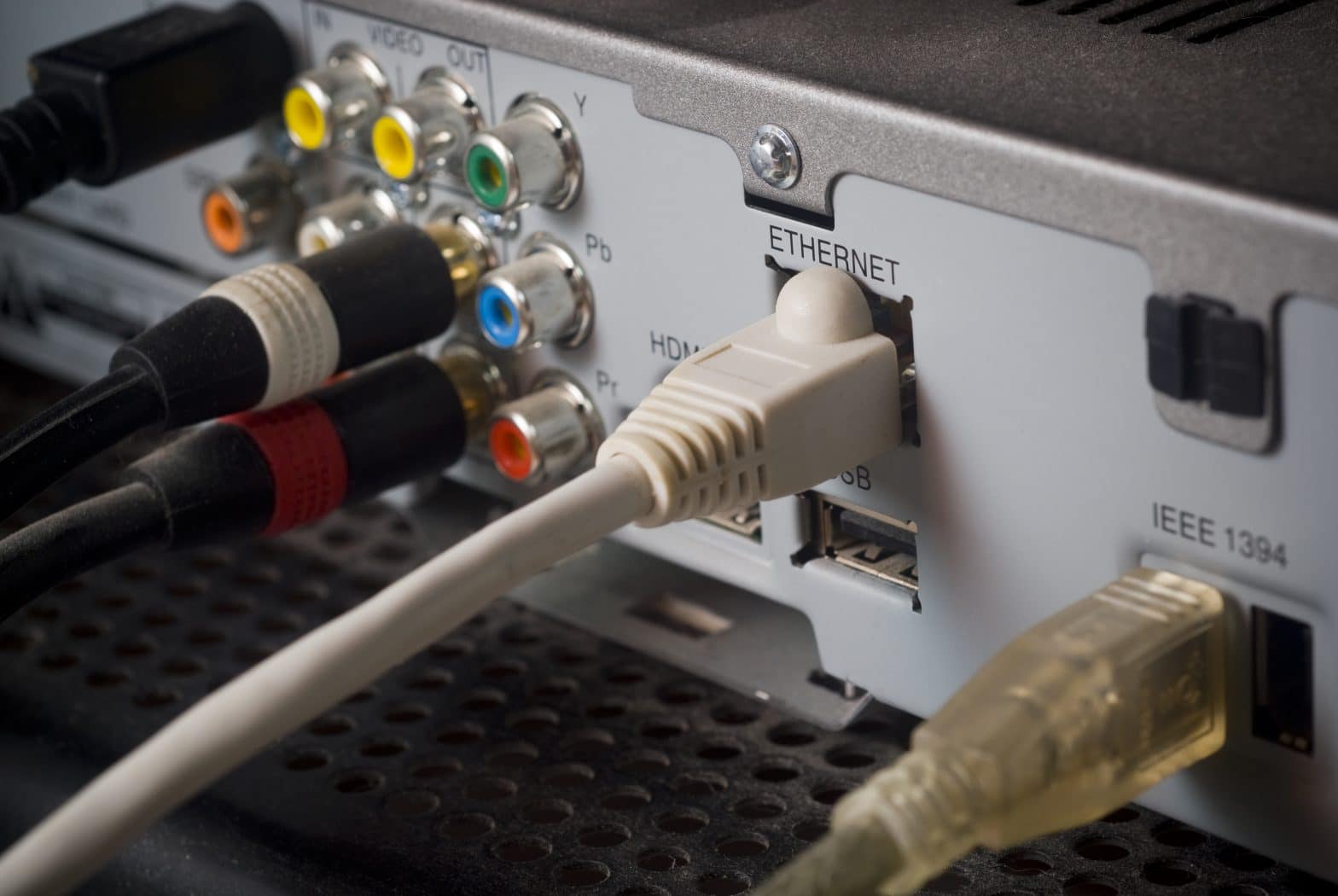
The 116th Congress ushered in the most diverse freshman class in history. While there are some vocal members on the extremes of both parties, this newly minted group of legislators is also by-and-large one of the most pragmatic in recent memory. The looming question continues to be: will these newly minted members of Congress be able to make progress on any significant legislation amidst such extreme polarization and divided government?
Infrastructure is a rare issue that members on both sides of the aisle often tout as a priority and a realistic goal for a politically divided government. But what are the other issue areas where Republicans and Democrats have any hope of coming together? A growing chorus of center-left think tanks and advocacy organizations believe net neutrality should be among them.
A policy paper recently released by the Progressive Policy Institute (PPI), “A Radically Pragmatic Idea for the 116th Congress: Take ‘Yes’ for an Answer on Net Neutrality,” argues just that. Net neutrality, or open Internet, is the principle that Internet service providers (ISPs) should give consumers access to all legal content and applications on an equal basis, without favoring some sources or blocking others. It is a popular notion among voters, with a May 2018 Morning Consult/POLITICO poll showing 62% of Democratic voters say they support net neutrality. But as is always the case when it comes to federal regulation, the devil is in the details.
The Obama administration learned that lesson the hard way after its two major efforts to secure Open Internet regulations both failed to secure a lasting solution. However, PPI argues that the first of these Obama-era approaches offers a roadmap for Congress to finally settle the issue for good, while the second remains a likely non-starter with Republicans in the Senate and White House.
The critical difference between the two approaches: whether to regulate broadband providers as “information services” under Title I of the Telecommunications Act, or as “telecommunications services” under the Act’s heavier-handed, utility-style Title II.
Business Forward – a national network of pragmatic local business leaders – delved into the differences between what it calls the Obama administration’s “Plan A” and “Plan B” approaches in a new issue brief published last month. In 2010, President Obama’s first FCC Chairman, Julian Genachowski, successfully pushed for new rules that outlawed blocking, throttling, and discriminatory prioritization, while preserving broadband’s longstanding designation as a Title I information service. This balanced approached earned plaudits from across the ideological spectrum, but courts later overturned the rules, arguing they exceeded the FCC’s statutory authority under Title I.
The Obama administration’s second attempt in 2015, led by FCC Chairman Tom Wheeler, amounted to what was widely viewed as “the nuclear option” – reclassifying broadband as a public utility under Title II. But with experts warning that utility regulation would dampen broadband network investment over the long term and Republicans uniformly opposed, the Wheeler rules were quickly reversed by the FCC’s new Republican majority in 2017.
This regulatory seesaw of court challenges and political reversals seems unlikely to be resolved unless Congress passes bipartisan net neutrality legislation.
PPI’s paper argues this “chaotic and uncertain approach drags down our economy, undermines investment needed to connect new communities and close the digital divide, and sucks up all the oxygen in the room so that other issues like increasing rural connectivity and reducing the digital divide, protecting elections from foreign interference, and finding ways to bring new competition to digital markets get crowded out.”
He adds that “economists estimate that the overhang of this debate drives away nearly $35 billion a year in network investment and consumer upgrades.”
A May 2018 study by the Information Technology & Innovation Foundation (ITIF) also makes the case for bipartisan action on net neutrality, arguing that “Congress can and should act to end this ‘long national nightmare’ that is the net neutrality war. There is ample room for a bipartisan compromise on net neutrality that would not only lock in noncontroversial ex ante protections and finally end the absurd back-and-forth on Federal Communications Commission (FCC) jurisdiction, but also secure funding to help close the digital divide with programs that promote digital literacy and broadband adoption—while also accelerating deployment in rural areas.”
In the House, the new Democratic leadership of the Energy & Commerce Committee has made net neutrality a top priority. On Thursday, February 7th, Committee Chairman Frank Pallone (D-NJ) and Communications and Technology Subcommittee Chairman Mike Doyle (D-PA) convened a hearing – their first since reclaiming the majority – on “Preserving an Open Internet for Consumers, Small Businesses, and Free Speech.”
In a recently-flipped House where many hearings have resulted in partisan fireworks, this one was notable for the Members’ almost accidental realization that, on the core issues of net neutrality, the parties may not be as far as apart as they seem.
Virtually all members were open to the prospect of Congress acting and many even seemed heartened by the bottom line agreement on the need for basic Internet rules of the road. Several Democrats explored whether Congress could find common ground by drafting a “new Title” that took the best of all the past approaches and ideas.
Restoring the 2015 Wheeler rules will almost certainly be a non-starter for Republicans. But a “clean” net neutrality bill – with prohibitions against blocking, throttling, and prioritization but without the further step of utility regulations – enjoys broader support.
Whether or not Republicans and Democrats will come together on much of anything this Congress has yet to be seen, but proponents of Congressional action to put an end to the net neutrality regulatory whiplash continue to hold out hope.
As with most contentious issues in a divided Congress, lasting change necessarily comes from bipartisan compromise. This could be an early test for members on both sides of the aisle who committed to put partisanship aside and get things done for the American people.

















